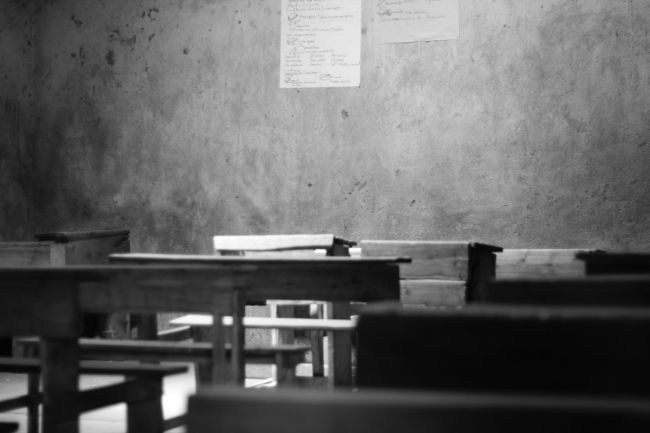Burkina Faso: Health and safety issues to be addressed before schools reopen
In Burkina Faso, all schools and universities (public and private) closed on 14 March in response to the COVID-19 outbreak that started on 9 March.
Remote teaching and learning initiatives
Temporary measures were taken to ensure continuity of education with some teaching and learning for exam classes in topics such as French, mathematics, and philosophy via two private TV channels. However, students from poor families and rural areas did not have access to this facility.
A government initiative was later launched by the Ministry of Education, which provided education through six TV channels. A school radio was also launched, and lessons have been prepared by teachers. However, the teacher unions have strongly criticised the fact that they were not involved in the process.
In the meantime, preparations are ongoing for the reopening of exam classes on 11 May and 24 May for other levels. The education ministry has also taken steps to provide two million free face masks for students (two per student).
Issues to be addressed before reopening
Whilst teacher unions, parents, and the government all agree that distance learning cannot replace classroom teaching, the teacher’ unions and parents have concerns they would like addressed. For instance, they have urged the government to put in place adequate protective health measures before education settings reopen. Issues include a lack of access to piped water or wells in schools and how social distancing will work in classrooms. For instance, classes are usually overcrowded, with four to five students per bench in the primary schools. These issues must be dealt with before educators and students go back to their schools, according to the teacher unions and parents.
Salary suspension and strike action
While schools were supposed to reopen on 28 April, this was postponed following disagreement between teacher unions and the government. Indeed, the government had suspended the salaries of 726 civils servants, most of whom were teachers (thousands of civil servants have also experienced salary cuts). Among teachers whose salaries were suspended were women on maternity leave, and other teachers on sick leave.
This dispute followed a strike by the civil servants in February and early March due to the government’s decision to impose a new income tax on their allowances (housing allowance and others). Four out of the five Education International national affiliates – F-SYNTER, SNEA-B, SNESS and SYNATEB – were involved in the action. Finally, however, the Minister of Education announced that the suspended salaries would be paid.
In addition, the careers of 78,000 teachers have been reviewed according to the collective agreements reached in 2019, and salary increases and other benefits, totalling US$40 billion, are due to be paid to teachers.
However, in the private sector, teachers and education support personnel have not been paid their salaries due to school closures and the government has not made any provision to help them meet the basic needs of their families.
Conflict zones
Education unions have also highlighted that populations in northern and eastern Burkina Faso have been subject to frequent and deadly attacks by terrorist groups.
For that reason, schools have been closed in these areas. Over 700,000 people are now displaced, and alternative schools were built with the financial support of non-government organisations and donors in the areas where displaced populations have found shelter.
You can also read the Education International’s Guidance to reopening schools and education institutions here

[Wed, 06 May 2020 12:20:00 +0000] | DIGG THIS
Education International · No. 3 Torshie Close, · Mempeasem · East Legon Extension · Accra · Ghana
Phone: +233.302.50.12.00 · Fax: +233.302.50.66.81 · Email: eirafoffice@ei-ie.org
